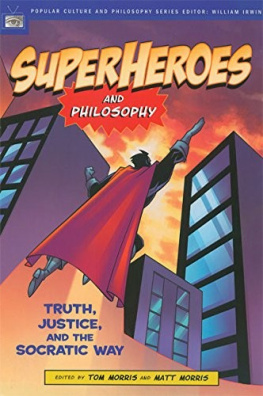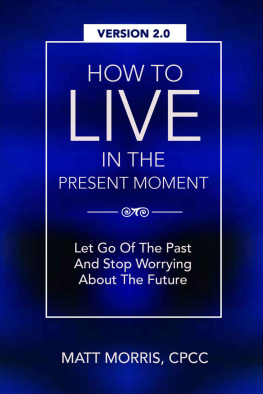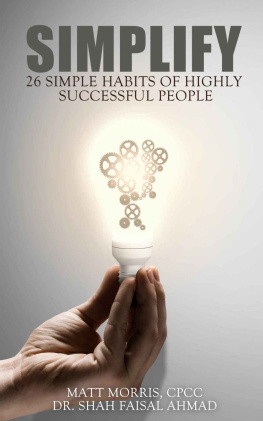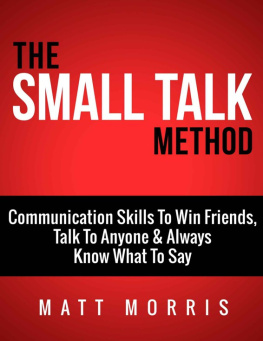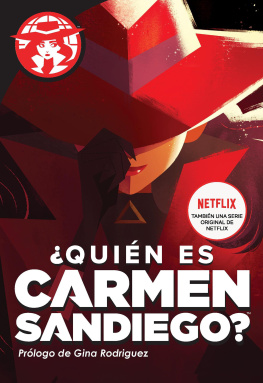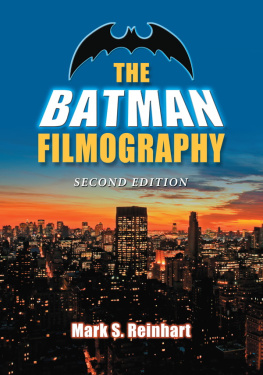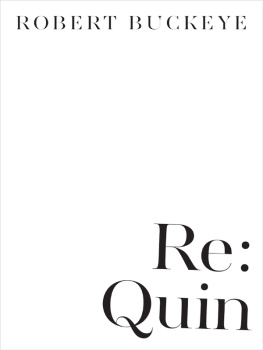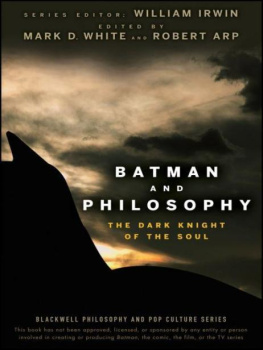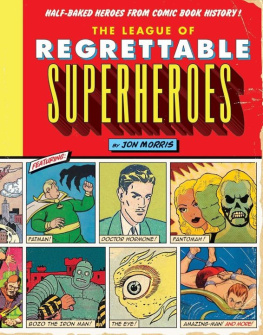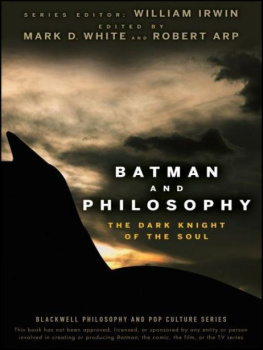Table of Contents
Popular Culture and Philosophy
Series Editor: William Irwin
VOLUME 1
Seinfeld and Philosophy: A Book about Everything and Nothing (2000)
Edited by William Irwin
VOLUME 2
The Simpsons and Philosophy: The Doh! of Homer (2001)
Edited by William Irwin, Mark T. Conard, and Aeon J. Skoble
VOLUME 3
The Matrix and Philosophy: Welcome to the Desert of the Real (2002)
Edited by William Irwin
VOLUME 4
Buffy the Vampire Slayer and Philosophy: Fear and Trembling in Sunnydale (2003)
Edited by James South
VOLUME 5
The Lord of the Rings and Philosophy: One Book to Rule Them All (2003)
Edited by Gregory Bassham and Eric Bronson
VOLUME 6
Baseball and Philosophy: Thinking Outside the Batters Box (2004)
Edited by Eric Bronson
VOLUME 7
The Sopranos and Philosophy: I Kill Therefore I Am (2004)
Edited by Richard Greene and Peter Vernezze
VOLUME 8
Woody Allen and Philosophy: You Mean My Whole Fallacy Is Wrong? (2004)
Edited by Mark T. Conard and Aeon J. Skoble
VOLUME 9
Harry Potter and Philosophy: If Aristotle Ran Hogwarts (2004)
Edited by David Baggett and Shawn E. Klein
VOLUME 10
Mel Gibsons Passion and Philosophy: The Cross, the Questions, the Controversy (2004)
Edited by Jorge J.E. Gracia
VOLUME 11
More Matrix and Philosophy: Revolutions and Reloaded Decoded (2005)
Edited by William Irwin
VOLUME 12
Star Wars and Philosophy: More Powerful Than You Can Possibly Imagine (2005)
Edited by Kevin S. Decker and Jason T. Eberl
VOLUME 13
Superheroes and Philosophy: Truth, Justice, and the Socratic Way (2005)
Edited by Tom Morris and Matt Morris
IN PREPARATION:
The Atkins Diet and Philosophy (2005)
Edited by Lisa Heldke, Kerri Mommer, and Cynthia Pineo
The Chronicles of Narnia and Philosophy (2005)
Edited by Gregory Bassham and Jerry Walls
Hip Hop and Philosophy: Rhyme 2 Reason (2005)
Edited by Derrick Darby and Tommie Shelby
Men in Bright Tights and Wild Fights, Often at Great Heights, and, of Course, Some Amazing Women, Too!
Look! Up on the screen! Or, over there, in the bookstore! Its a superhero! Itslots and lots of superheroes! Holy Pop Culture! Whats going on?
The whole country is learning the secret thats been kept alive for years by a core group of comic-book fansthe classic superhero stories, as they continue to be produced by some of the best writers and artists alive, can be wildly fun, suspenseful, exciting, and even profoundly thought-provoking. Like Plato and Aristotle, Superman and Batman are here to stay. So are Spider-Man, Daredevil, the Fantastic Four, and the Uncanny X-Men, among many other mythic heroes in tights.
One of the most striking pop culture developments of the present day is the strong resurgence of the costumed super-hero as an entertainment and cultural icon. A recent, nationally syndicated newspaper article on this turn of events began with the sweeping sentence, Its become a comic-book world. The global reference is appropriate. Not many fictional characters in history have attained anything like the international recognition of Superman and Batman. These two titans of the comics have inspired radio, television, film, and musical depictions since their first appearances in the late 1930s. You can see someone wearing a Superman or Batman T-shirt in almost any part of the world, and under some of the most extraordinary circumstances. Now, many of their junior colleagues are being featured on the big screen, and some of them are becoming huge film and merchandising franchises themselves. The first Spider-Man movie surprised the film community with the single largest U.S. opening weekend gross revenues in history. And Spider-Man 2 topped even that in worldwide box office receipts. Over the next few years, this trend is predicted to continue, with sequels, long-awaited launches, and films being made on lesser-known superhero characters as well as all the major icons.
Superheroes have become a part of our cultural language. Perpetually popular Seinfeld reruns often showcase esoteric discussions between Jerry and George over some bit of superhero trivia. The theme song for the popular NBC comedy Scrubs casually references Superman. Contemporary rock, rap, and pop music all contain allusions to the spandex crowd. Comic-book shops dot the landscapes of big cities, suburbs, and small town strip malls, bringing together an amazing array of fans. And the larger comic-book conventions held around the country annually, once hosting hundreds of participants, have in the past few years reached an all-time peak attendance, with the flagship San Diego convention recently enjoying a crowd of 87,000 fans over three or four days.
Whats even more important is that current aficionados of the comic-book superheroes include some of the hottest opinion makers and trend setters of the day, with top box office mega-stars vying to be cast as their superhero favorites, respected novelists sprinkling their narratives with superhero references, and at least one celebrated film director, the ever-inventive Kevin Smith, actually writing some very popular superhero comic books himself.
Philosophy in the Superhero Stories
The superhero comics constitute one of those original American art forms like jazz, blues, muscle cars, and Krispy Kreme doughnuts that have reached out to the world and have made a distinctive impact across cultures. Even the most casual observer knows that these stories are full of action, adventure, suspense, and incredible artwork. But what too few people realize is that they also deserve serious intellectual attention for their fascinating presentations of deep philosophical themes and ideas. Really. Were not kidding.
The best superhero comics, in addition to being tremendously entertaining, introduce and treat in vivid ways some of the most interesting and important questions facing all human beingsquestions regarding ethics, personal and social responsibility, justice, crime and punishment, the mind and human emotions, personal identity, the soul, the notion of destiny, the meaning of our lives, how we think about science and nature, the role of faith in the rough and tumble of this world, the importance of friendship, what love really means, the nature of a family, the classic virtues like courage, and many other important issues. Its about time that, in particular, the best comic books got their due and were more widely recognized for their innovative and intriguing ways of raising and wrestling with these pressing human concerns.
The classic and current comic books on superheroes, for all their immense popularity among young people up into their early thirties, deserve an even broader audience of adult readers. Most adults will admit to having read and enjoyed super-hero comics in their youth, but they eventually allowed other forms of entertainment, as well as the demands of formal education, work, and family life to push this distinctive experience out of their lives. This is a modern aesthetic tragedy. Comic books and graphic novels occupy a unique artistic space along the spectrum of fictional narrative. Like movies and television shows, they make powerful use of visual imagery. But like novels and short stories, they allow us to pace our own experience of their presentations. Their weave of prose and art is powerful, and their vivid presentations of ideas can echo long after weve closed their colorful pages.

